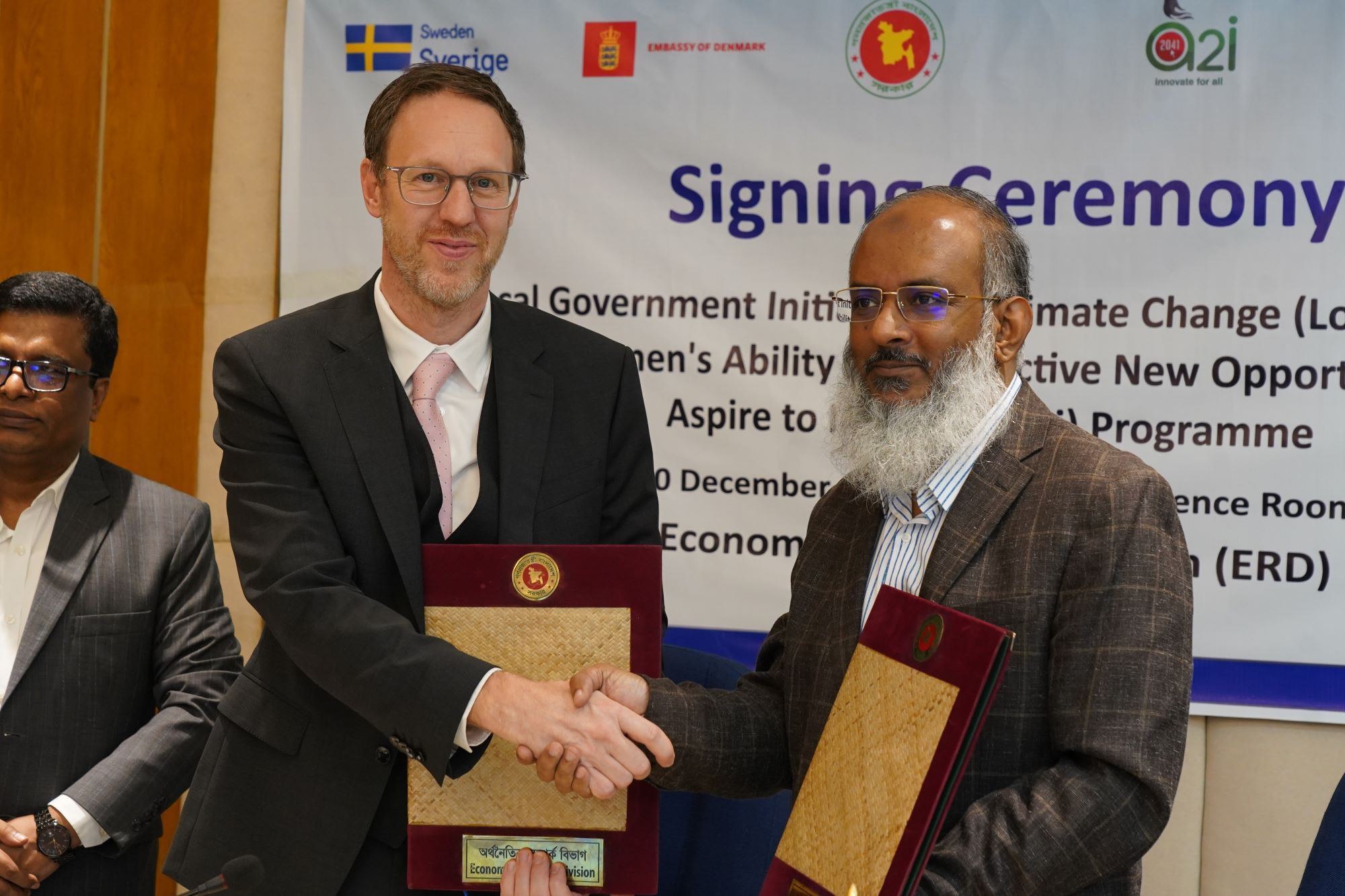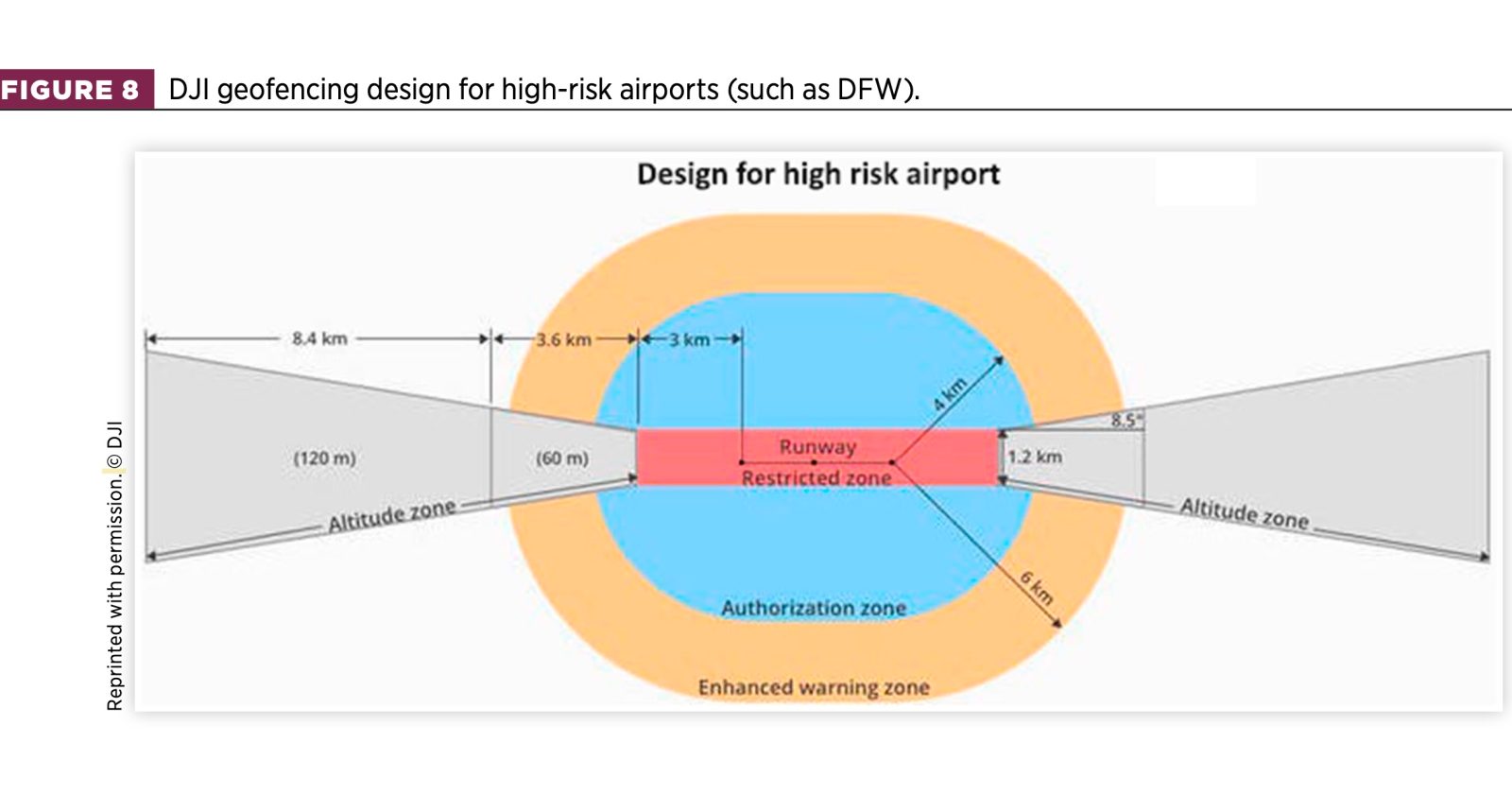Bangladesh And Europe: A Partnership For Economic Growth

Table of Contents
Boosting Bilateral Trade between Bangladesh and Europe
Expanding bilateral trade is crucial to realizing the full potential of the partnership. This involves streamlining existing processes and exploring new avenues for collaboration.
Reducing Trade Barriers
Existing trade agreements, like the Everything But Arms (EBA) initiative, provide a foundation, but further liberalization is needed. This includes:
- Significant tariff reductions: Lowering tariffs on key Bangladeshi exports to the European Union (EU) would stimulate growth.
- Simplified customs procedures: Streamlining customs processes reduces delays and costs, facilitating faster trade flows.
- Eliminating non-tariff barriers: Addressing sanitary and phytosanitary regulations, technical barriers to trade, and other non-tariff barriers is essential for increased trade volume.
Specific sectors ripe for expansion include:
- Ready-Made Garments (RMG): Bangladesh is a global leader in RMG, and increased EU market access could significantly boost this vital sector.
- Jute and jute products: Harnessing the potential of this traditional industry through innovative product development and market access could lead to substantial export growth.
- Pharmaceuticals: Expanding the export of pharmaceuticals from Bangladesh to Europe requires addressing regulatory hurdles and quality standards.
Current trade volume between Bangladesh and Europe is substantial, but the potential for growth is significantly higher, potentially reaching billions of Euros annually with targeted initiatives.
Promoting Fair Trade Practices
Fair trade practices are essential for sustainable and equitable growth. This involves:
- Protecting worker rights: Ensuring fair wages, safe working conditions, and freedom of association are critical.
- Promoting environmental protection: Sustainable production methods are necessary to minimize the environmental footprint of the industries.
- Ensuring fair pricing: Transparent and equitable pricing mechanisms benefit both producers and consumers.
Initiatives like promoting ethical sourcing, supporting responsible business conduct, and encouraging certifications such as Fairtrade and Global Organic Textile Standard (GOTS) are vital for building trust and ensuring long-term sustainability in the trade relationship.
Enhancing European Investment in Bangladesh's Economy
Attracting significant European investment is key to accelerating Bangladesh's economic development.
Attracting Foreign Direct Investment (FDI)
Bangladesh presents a compelling investment destination:
- Young and growing population: A large and young workforce provides a significant competitive advantage.
- Improving infrastructure: Investments in infrastructure development are creating a more attractive business environment.
- Strategic geographic location: Bangladesh's location offers access to a large regional market.
Successful examples of European investment in Bangladesh already exist in various sectors, creating a positive feedback loop. Government initiatives, like the “Bangladesh Investment Climate Improvement Project,” aim to attract more FDI by simplifying regulatory processes and improving infrastructure. Addressing challenges like bureaucratic hurdles and improving infrastructure remains crucial to maximizing the appeal of Bangladesh as an investment destination.
Supporting Sustainable Development Goals (SDGs)
European investment can play a critical role in helping Bangladesh achieve its Sustainable Development Goals (SDGs). This includes:
- Investments in renewable energy: Supporting the transition to cleaner energy sources is crucial for environmental sustainability.
- Climate change mitigation projects: Investing in adaptation and mitigation strategies will build resilience to climate change impacts.
- Social development projects: Investments in education, healthcare, and other social sectors are critical for inclusive growth.
European development agencies, like the European Union Delegation to Bangladesh, play a vital role in providing financial and technical assistance to support Bangladesh's sustainable development efforts.
Strengthening Development Cooperation between Bangladesh and Europe
Development cooperation is a vital component of the broader partnership.
Focus Areas for Development Assistance
European development assistance can have a significant impact in several areas:
- Education: Investing in quality education at all levels improves human capital and fosters economic growth.
- Healthcare: Strengthening healthcare systems improves public health and increases productivity.
- Climate resilience: Building resilience to climate change through adaptation measures is critical for long-term sustainability.
Ongoing projects and programs focusing on these areas highlight the strong commitment to development cooperation between Bangladesh and Europe. Capacity building and knowledge transfer are essential for ensuring the sustainability of these initiatives. The role of NGOs and civil society organizations in facilitating development projects and promoting local ownership is also significant.
Promoting Good Governance and Transparency
Transparency and accountability are paramount for effective development cooperation:
- Monitoring and evaluation mechanisms: Robust monitoring and evaluation systems ensure that development projects achieve their intended outcomes.
- Citizen participation: Involving citizens in the planning and implementation of projects ensures that projects are relevant and effective.
Conclusion
The partnership between Bangladesh and Europe offers immense potential for mutual economic growth. By focusing on boosting bilateral trade, attracting European investment, and strengthening development cooperation, both regions can achieve significant economic progress. Increased trade liberalization, ethical sourcing practices, strategic FDI attraction, and collaborative development initiatives focusing on the SDGs are vital components of this partnership. To fully realize the potential of "Bangladesh and Europe: A Partnership for Economic Growth," we need continued commitment, collaborative efforts, and sustained investment in these crucial areas. Explore resources from the European Union Delegation to Bangladesh and the Bangladesh Investment Development Authority to learn more about opportunities for collaboration and investment.

Featured Posts
-
 Cekim Guecueyle Bueyueleyecek Burclar Seytan Tueyue Etkisi
May 24, 2025
Cekim Guecueyle Bueyueleyecek Burclar Seytan Tueyue Etkisi
May 24, 2025 -
 Is Demna Gvasalia The Right Choice For Gucci Examining The Appointment
May 24, 2025
Is Demna Gvasalia The Right Choice For Gucci Examining The Appointment
May 24, 2025 -
 Are Airplane Crashes And Near Misses Common A Data Driven Look At Aviation Safety
May 24, 2025
Are Airplane Crashes And Near Misses Common A Data Driven Look At Aviation Safety
May 24, 2025 -
 Hangi Burclar Daha Zeki Akil Ve Yetenek Siralamasi
May 24, 2025
Hangi Burclar Daha Zeki Akil Ve Yetenek Siralamasi
May 24, 2025 -
 Svadebniy Rekord Na Kharkovschine 38 Par Zaklyuchili Brak Data Fotogalereya
May 24, 2025
Svadebniy Rekord Na Kharkovschine 38 Par Zaklyuchili Brak Data Fotogalereya
May 24, 2025
Latest Posts
-
 Dylan Dreyers Inspiring Transformation Her Journey And Impact
May 24, 2025
Dylan Dreyers Inspiring Transformation Her Journey And Impact
May 24, 2025 -
 New Photo Of Dylan Dreyer And Brian Fichera Causes Stir On Social Media
May 24, 2025
New Photo Of Dylan Dreyer And Brian Fichera Causes Stir On Social Media
May 24, 2025 -
 Dylan Dreyers Postpartum Weight Loss Journey On Today
May 24, 2025
Dylan Dreyers Postpartum Weight Loss Journey On Today
May 24, 2025 -
 Recent Dylan Dreyer Post With Brian Fichera Generates Strong Fan Response
May 24, 2025
Recent Dylan Dreyer Post With Brian Fichera Generates Strong Fan Response
May 24, 2025 -
 Nbcs Dylan Dreyer A Remarkable Physical Transformation
May 24, 2025
Nbcs Dylan Dreyer A Remarkable Physical Transformation
May 24, 2025
